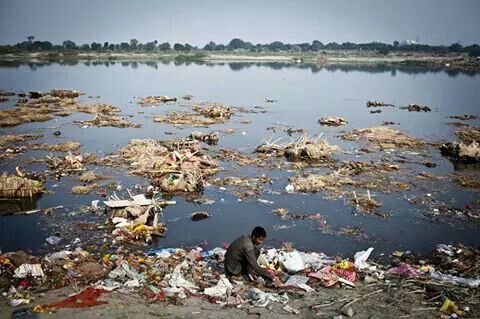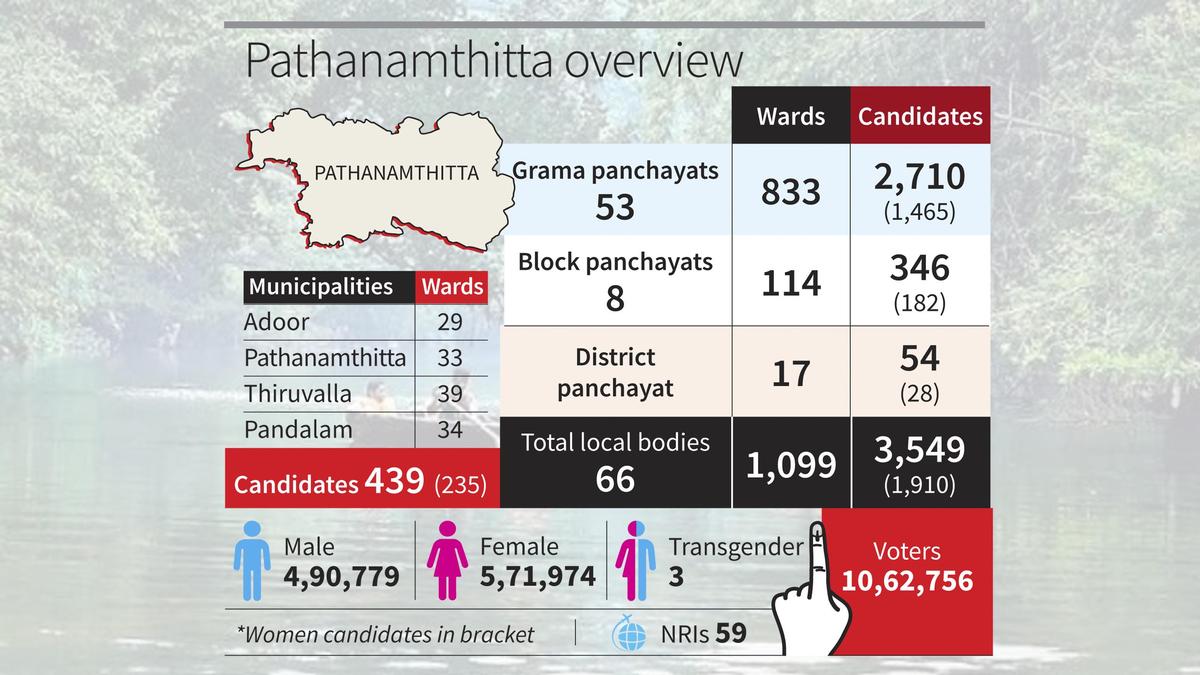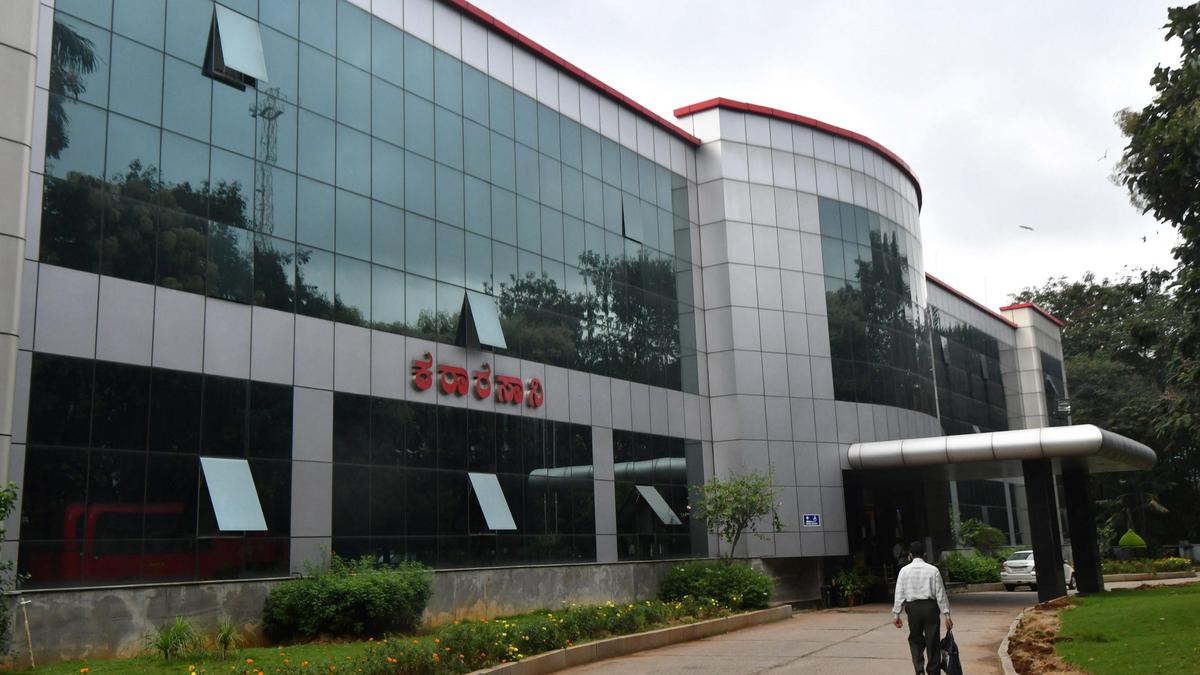From Troubled Streams to Legislative Action:
India’s fight against water pollution took a recent step with the Rajya Sabha’s passage of the Water (Prevention and Control of Pollution) Amendment Bill, 2024. This controversial legislation aims to streamline regulations and decriminalize certain offenses, sparking debate and raising questions about its impact on water quality and environmental protection.
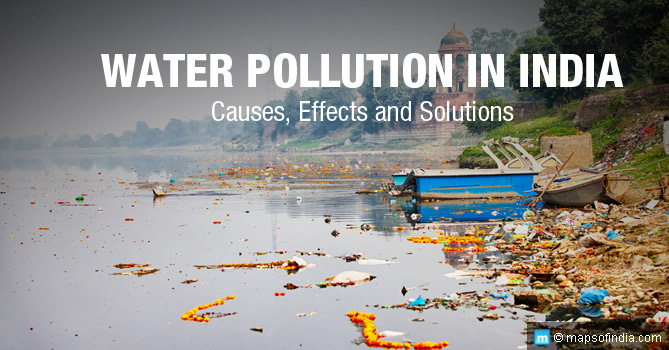
Unveiling the Bill’s Contents: Key Changes and Focus:
The bill introduces several significant changes:
- Decriminalization of minor offenses: Certain violations, like exceeding permissible limits for pollutants, shift from criminal to financial penalties, aiming for faster compliance.
- Industry exemptions: Specific industries gain exemption from statutory restrictions under certain conditions, raising concerns about potential pollution risks.
- Centralized control of pollution boards: The central government gains greater control over state pollution control boards, raising questions about federalism and local responsiveness.
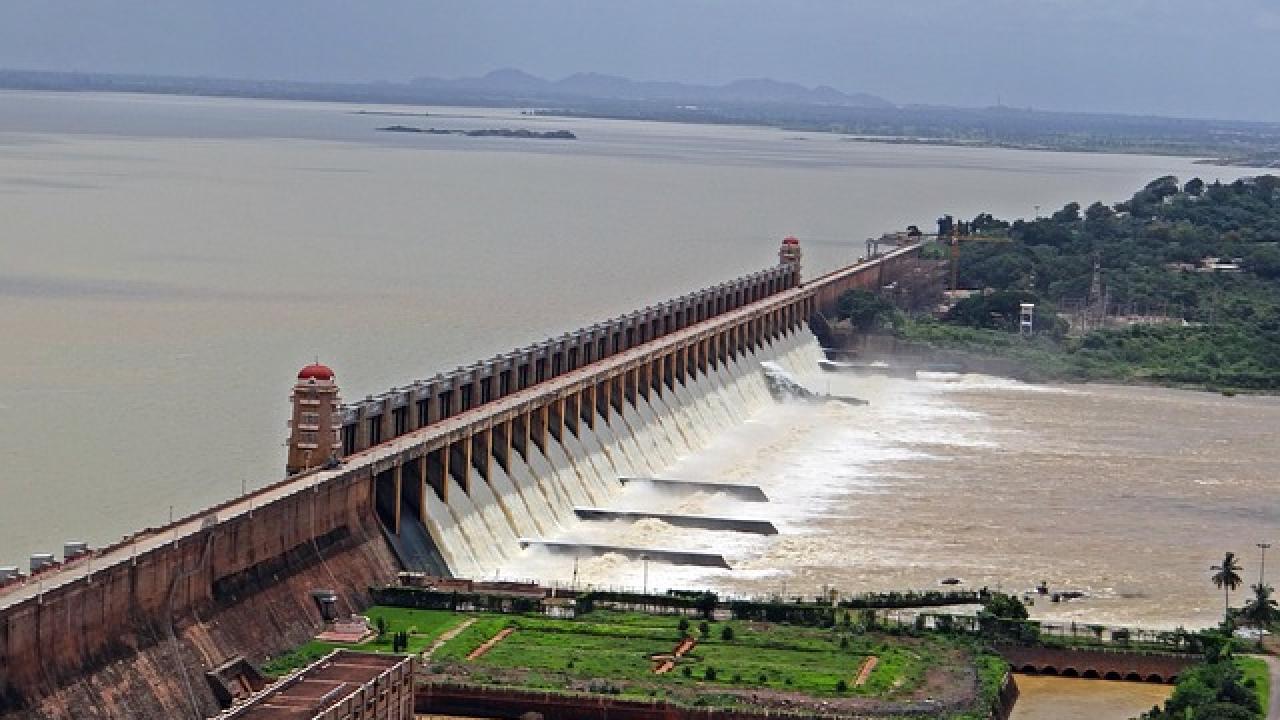
Navigating the Murky Waters: Potential Impact and Concerns:
Supporters argue the bill promotes faster compliance and reduces unnecessary litigation. However, concerns abound:
- Weakening environmental safeguards: Decriminalization might incentivize minor violations and weaken deterrence, impacting water quality in the long run.
- Unfair advantages for industries: Exemptions for specific industries could disproportionately burden public health while favoring certain economic sectors.
- Centralization vs. local needs: Increased central control over pollution boards might neglect regional variations and specific environmental challenges.
Beyond the Bill: A Broader Conversation on Water Quality:
This legislation sparks a conversation about India’s water challenges:
- Magnitude of the problem: Water pollution remains a severe issue, impacting millions and requiring comprehensive solutions beyond legal changes.
- Industrial responsibility: Balancing economic growth with environmental sustainability demands stronger regulations and accountability for industries.
- Infrastructure and public awareness: Investments in sewage treatment plants, public awareness campaigns, and community involvement are crucial for lasting change.
Looking Ahead: Charting a Clear Course for Clean Water:
The Water Pollution Amendment Bill marks a step in India’s water management journey, but the path to clean water remains complex. Continued monitoring, stakeholder engagement, and addressing underlying issues like infrastructure gaps and industrial practices are essential for ensuring healthy waterways for generations to come.
For more:
- https://www.youtube.com/watch?v=mW7Rir3XCsM
- https://www.youtube.com/watch?v=bd6v3gAhwe0
- https://www.youtube.com/watch?v=qaL43JFCCpw


